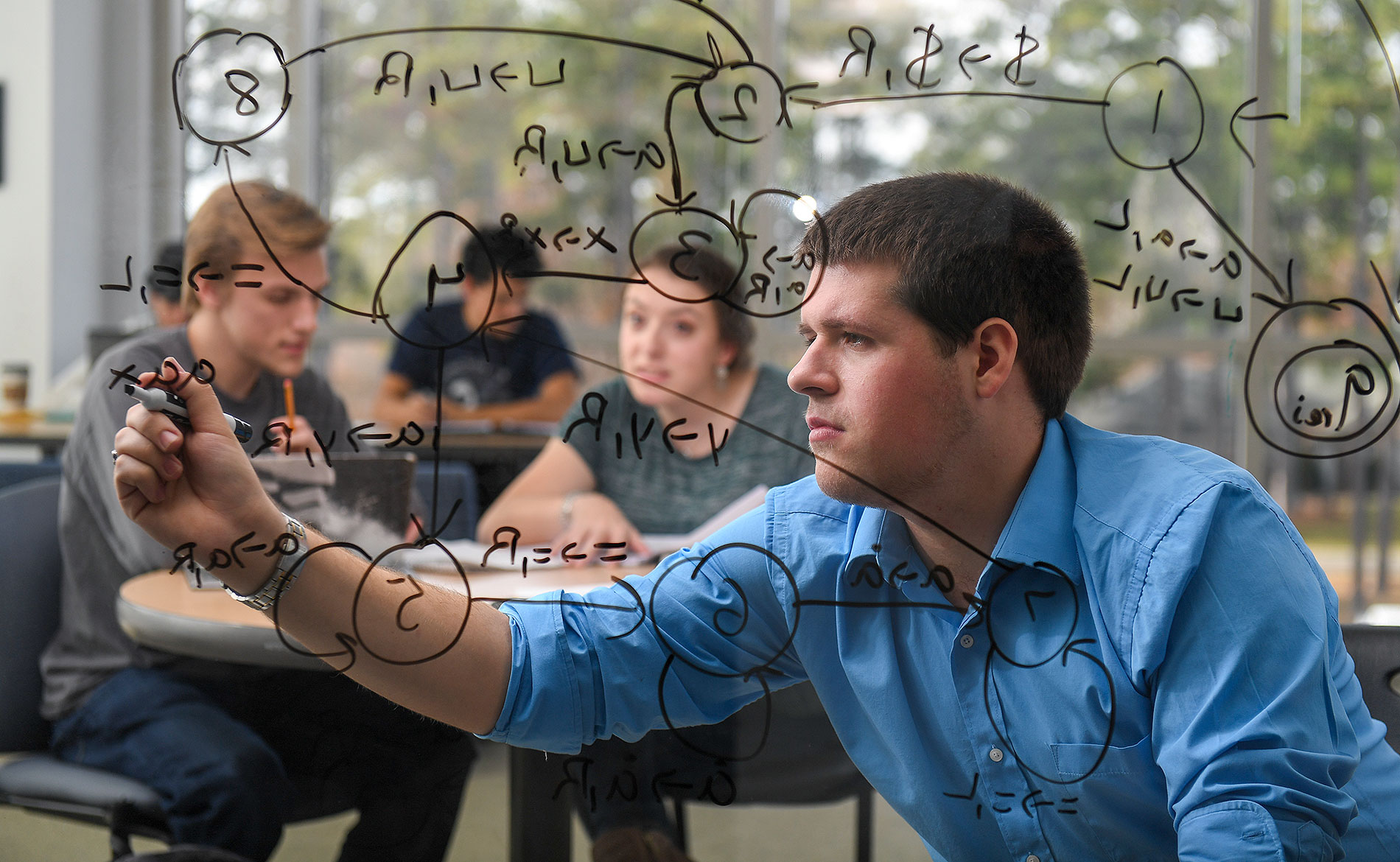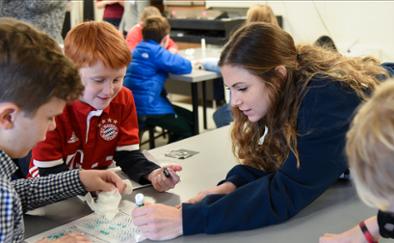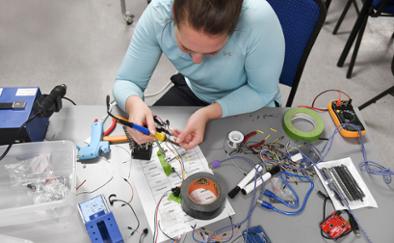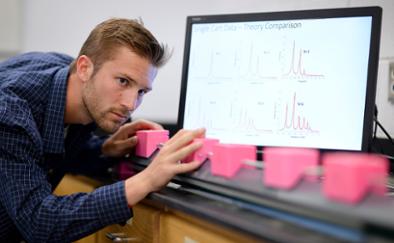With Apologies for Stating the Obvious
We learned it a decade ago. (The rest of the world is just now figuring it out.) Teaching math works better without lectures. Here, you will learn math by doing math, and not just by hearing someone talk about it.
Try this on for size: at Berry you will experience a personalized, goal-oriented, inquiry-based exploration of calculus, linear algebra, combinatorics and knot theory. Sound good? We thought it might.
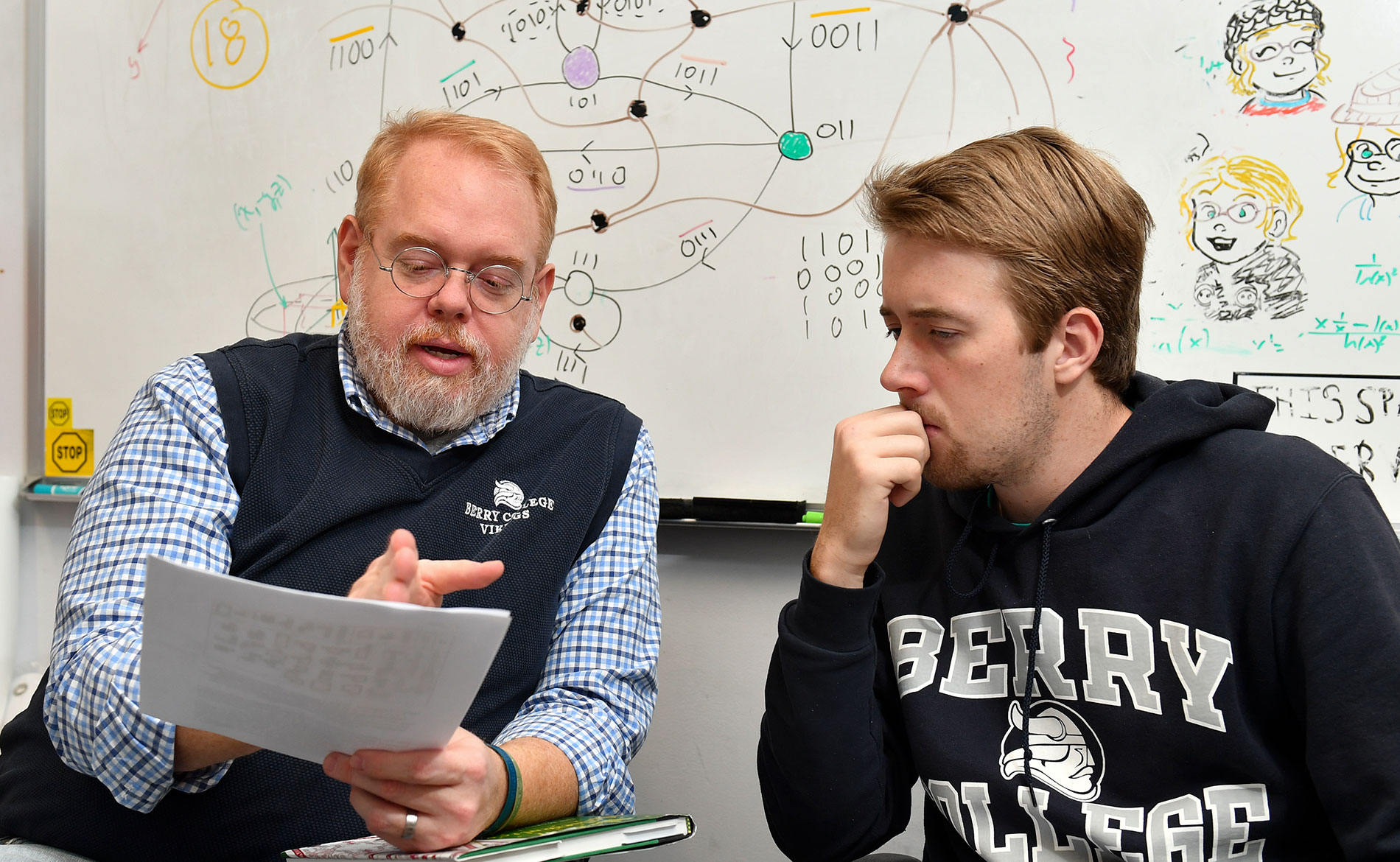
When you teach, you learn. Work with local high school and middle school students in the Viking Math Tutoring Enterprise, or be a tutor through the Open Door Home program.
Mathematics FACULTY
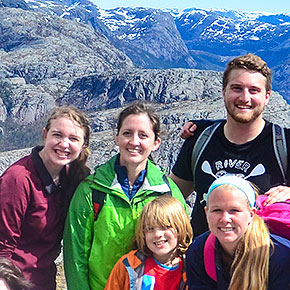
Teacher, researcher and passionate advocate for her students, Dr. Cochran leads STEMTeach, a program that provides scholarships and post-graduate support to Berry students preparing to teach science, technology, engineering and mathematics in high-need school districts (an initiative made possible by a $1.2 million National Science Foundation grant.)
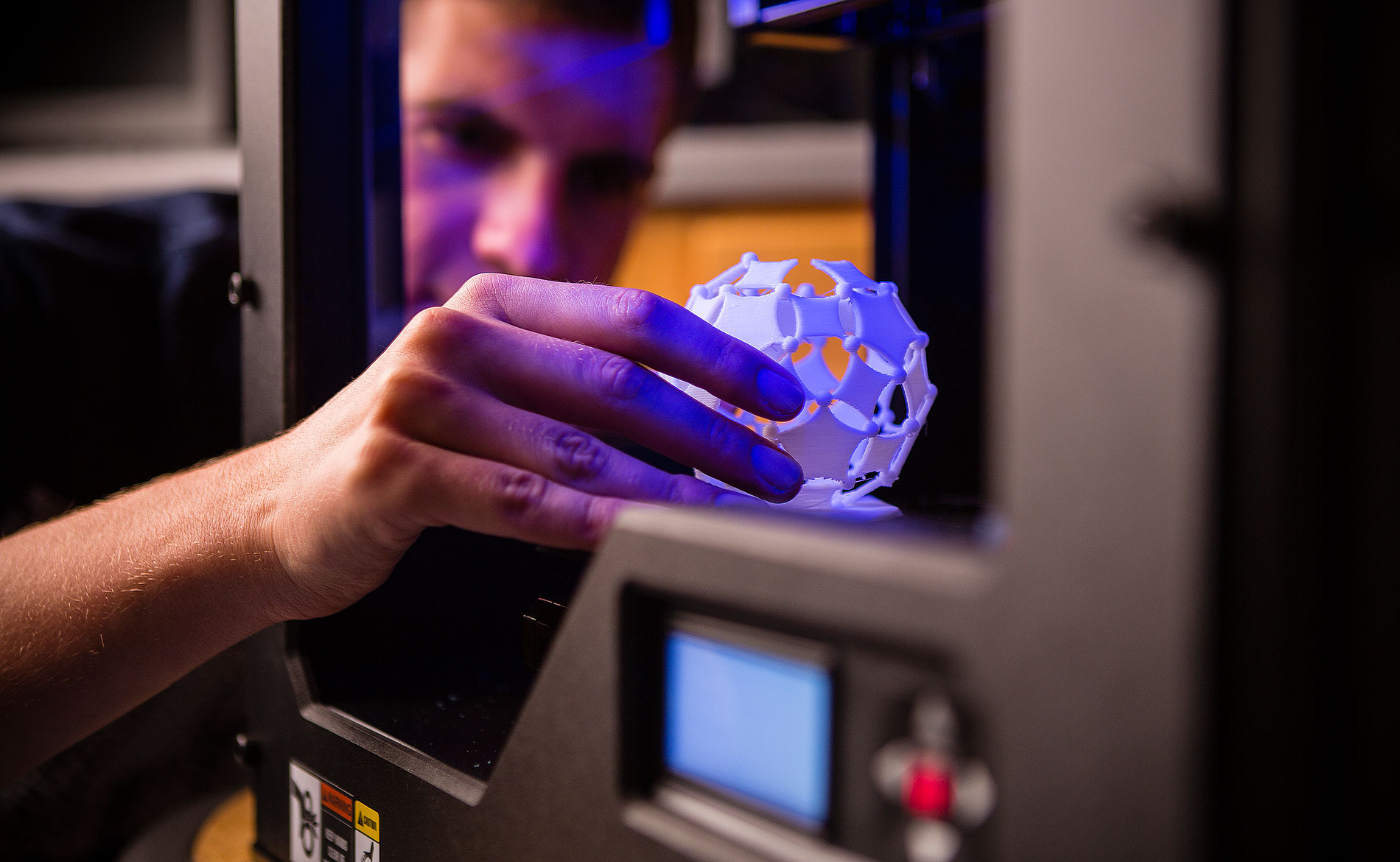
Our makerspace, HackBerry Lab, is your hands-on playground for bringing mathematical thinking to life. Our campus also doubles as a “math trail,” where you can work with school-age visitors to build excitement about the possibilities of mathematics.
Mathematics Courses
Become familiar with various types of mathematical proofs and the techniques used to develop them—including elementary symbolic logic, predicates, quantifiers, mathematical induction, direct proofs and constructive proofs.
Explore a range of topics, including generating functions, combinatorial designs, graph theory, tree traversals, networks, computation theory, coding theory and Polya counting.
Topology is the study of properties of a geometric object that are preserved by continuous deformations in space. Explore open and closed sets, continuity, compactness and connectedness.
Mathematics LIVES
When math major Anna Helton ’16 took a course to complete her degree pathway, a professor recognized how her strengths aligned with software development. She loved to solve problems, but without his encouragement she never would have considered software engineering as a career.
“I was greatly challenged by the classes required for the math major,” she says. “Not only did I learn to be comfortable not knowing an answer, but I also discovered tools and methods to find the answer. I became quite acquainted with failure, although my professors helped instill determination to push through failure. The computer science classes in my math major encouraged me to be open to guidance from those more experienced and willing to guide those less experienced.”
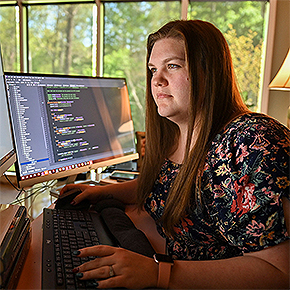
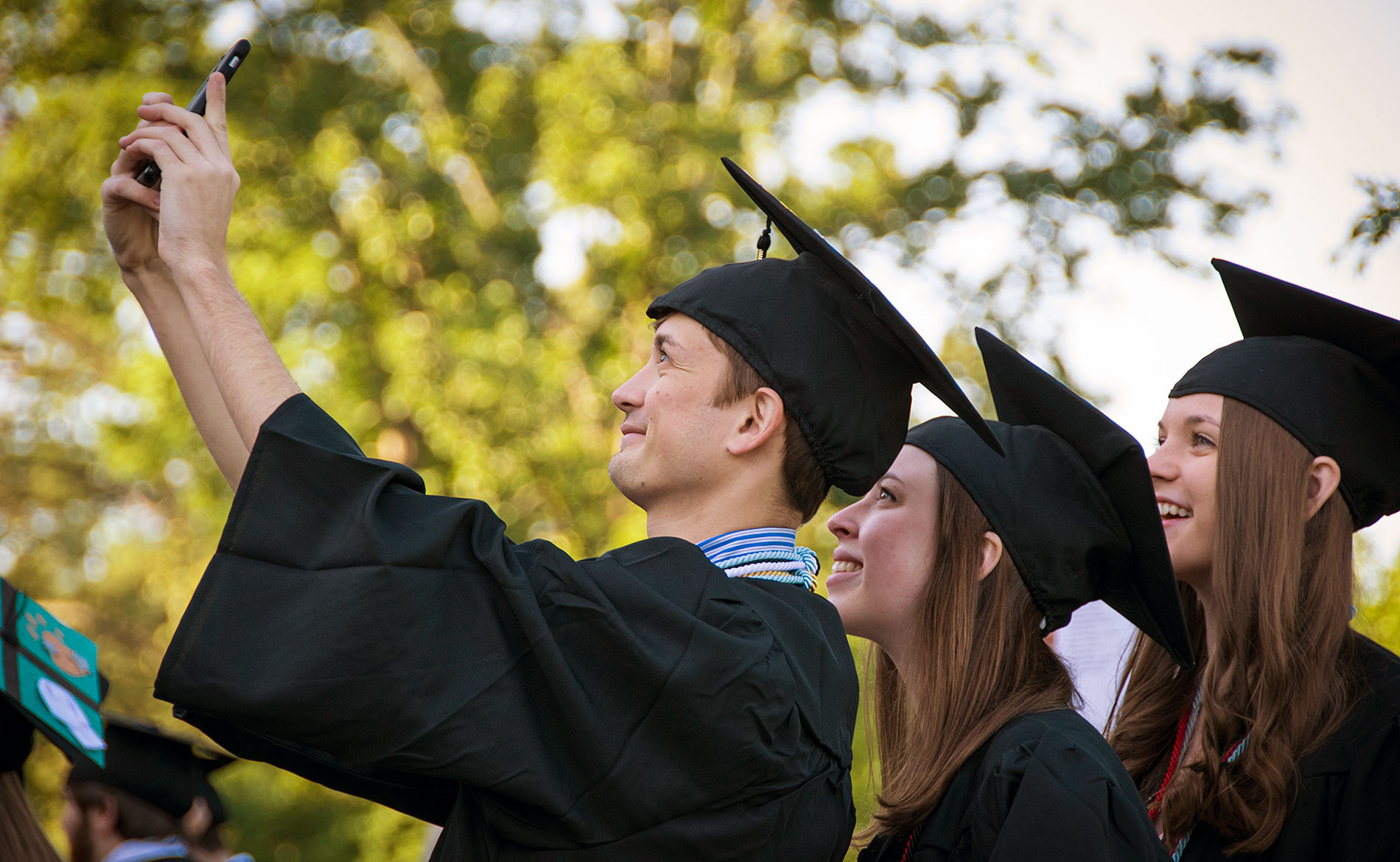
HERE?
